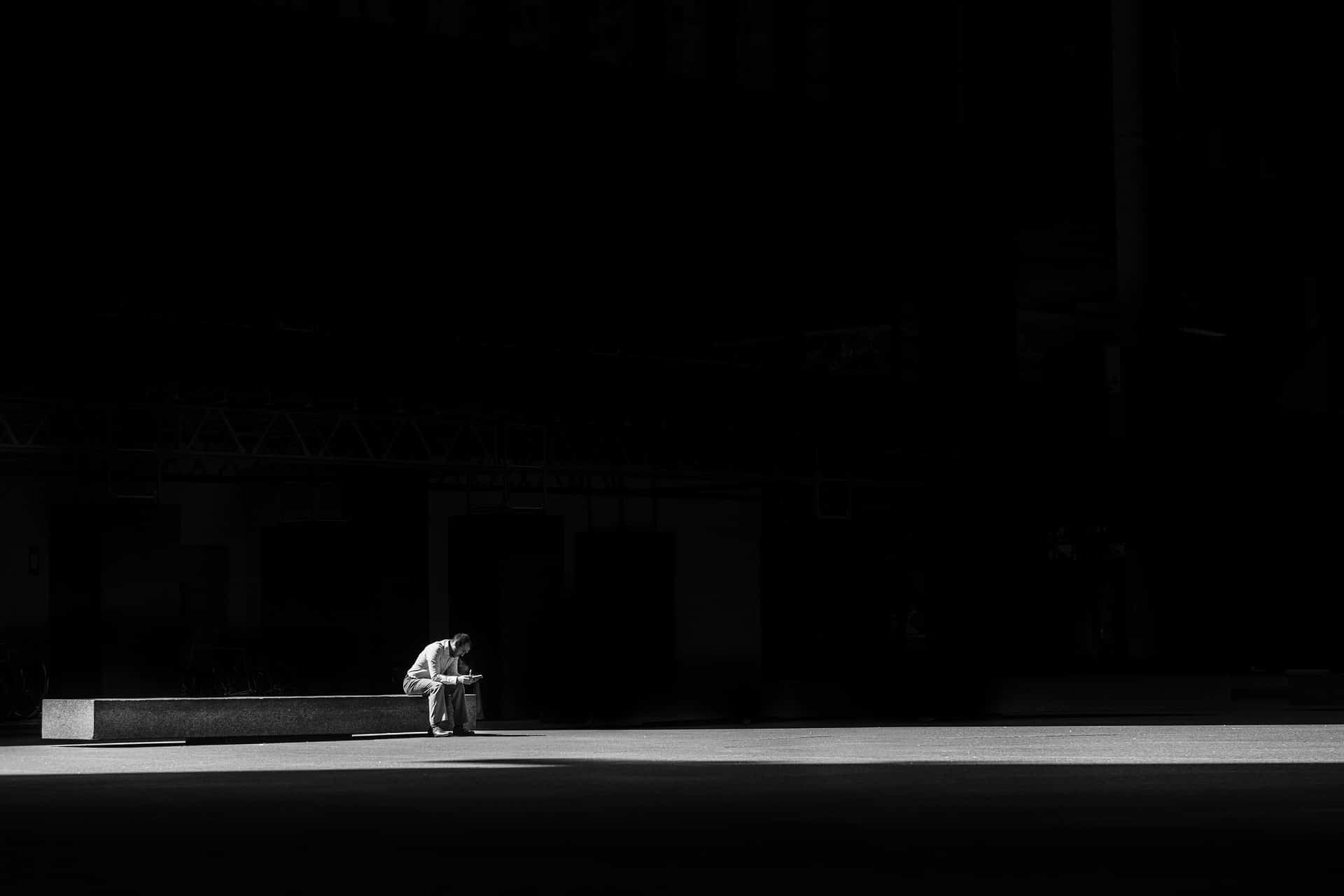Unless you live under a rock (and even rocks seem to have good WiFi these days), you know that as of the time of writing, the United States is undergoing the longest partial government shutdown in history. About 800,000 federal employees are going without paychecks.
Now, while that number dwarfs the total number of people who are working right now, it does bring something possibly uncomfortable, up with everyone watching the trash fire that is our government negotiation right now: what if that were me?
“What if you got fired?” is an important exercise, and one that I’ve been meaning to write about for a while now.
But this is even weirder. What if you still had a job, but weren’t getting paid? Now that’s a headline I never thought I’d write.
But we’re in uncharted territory here, so we have to dig in and go forward. Here is my take for those who are still employed and getting a paycheck.

Table of Contents
Be prepared
In a single word: prepare.
I bet that no one, from the lowly TSA worker to the highest ranking official, really expected that they wouldn’t be paid for a month.
Why? Such a thing is theoretically possible, isn’t it? Except that it has never happened before. So why would you prepare for something that has never happened before?
You can’t prepare for everything, of course. But going without a paycheck is very possible. You’ve probably already done this at some point in your life. And if not, it’s coming. (Sorry.)
You’ve all seen reports like this: “39% of the U.S. couldn’t pay for an unexpected $1,000 emergency with savings.” Or this one: “44 percent of all respondents could not cover an unexpected $400 emergency expense.”
The numbers may vary between surveys, but the point remains clear: we are not prepared.
Because $400 or $1000 is bad enough, but what about one whole month of pay? The average household income is somewhere in the $60,000 range these days, so that’s $3,000-$4,000 per month that you’d need to replace. Each month. Even if you made half that amount and only needed to cover $1,500, that’s cold comfort, because you’d be making half as much, so it would be that much harder!
You need an emergency fund. Everyone needs an emergency fund. You need to be able to cover much more than $1,000. If you can’t, those bills and expenses will become debt, and you’ll owe so much more in the long run if you add debt to your life.
With apologies to Jamie Zawinsky: You have a problem, and you think, “I know, I’ll use debt.” Now you have two problems.
Debt makes this more difficult
But what if you already have debt?
Then one of your goals is to get rid of it as fast as possible.
I’m generally in favor of using the bulk of your savings (if any) to pay down your debt (mortgages and jumbo-sized debts aside). This is because you will not only pay off your debt faster, but you’ll be more motivated to finish so you can get back to having a savings again!
But an emergency fund causes people to feel safer, so I couldn’t blame you if you wanted to hold onto some funds even if you had debt. (Though if you have enough money to pay off your debt, just do it!)
If you have debt and no savings, you are in danger. You are on the cliff-edge, and one gust of wind could knock you over it.
I don’t mean to get down on you or anything, but I’d rather have you get wise to things now. The wind is coming. It’s time to get on a plan.
Anyone with an income should be wary
You have a problem, and you think, “I know, I’ll use debt.” Now you have two problems.
Maybe your job is stable. Maybe you couldn’t possibly get fired. Maybe you are 100% secured.
Hogwash. Everyone can be financially insecure in some way if you’re relying on income. Even if you’re self-employed, your clients could all go away at once. You don’t know.
You don’t know what’s going to happen, so you need to be prepared.
I have the deepest compassion for the federal workers who are affected by this nonsense. We need to be taking care of our own, and we’re not (which is, itself, a kind of American tradition). While I can wish for a robust safety net, and even some form of basic income, until that happens, we’re going to have to be on our own.
And for those of us with a paycheck, let’s be grateful.
Could you go without a paycheck for a month? What would you do?


